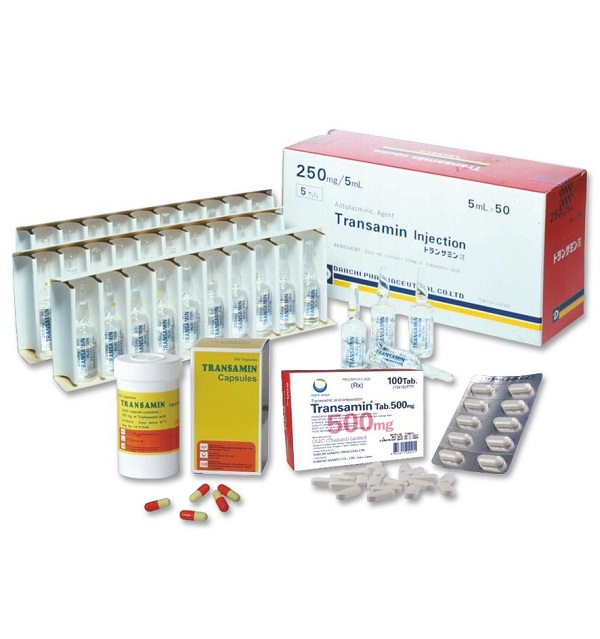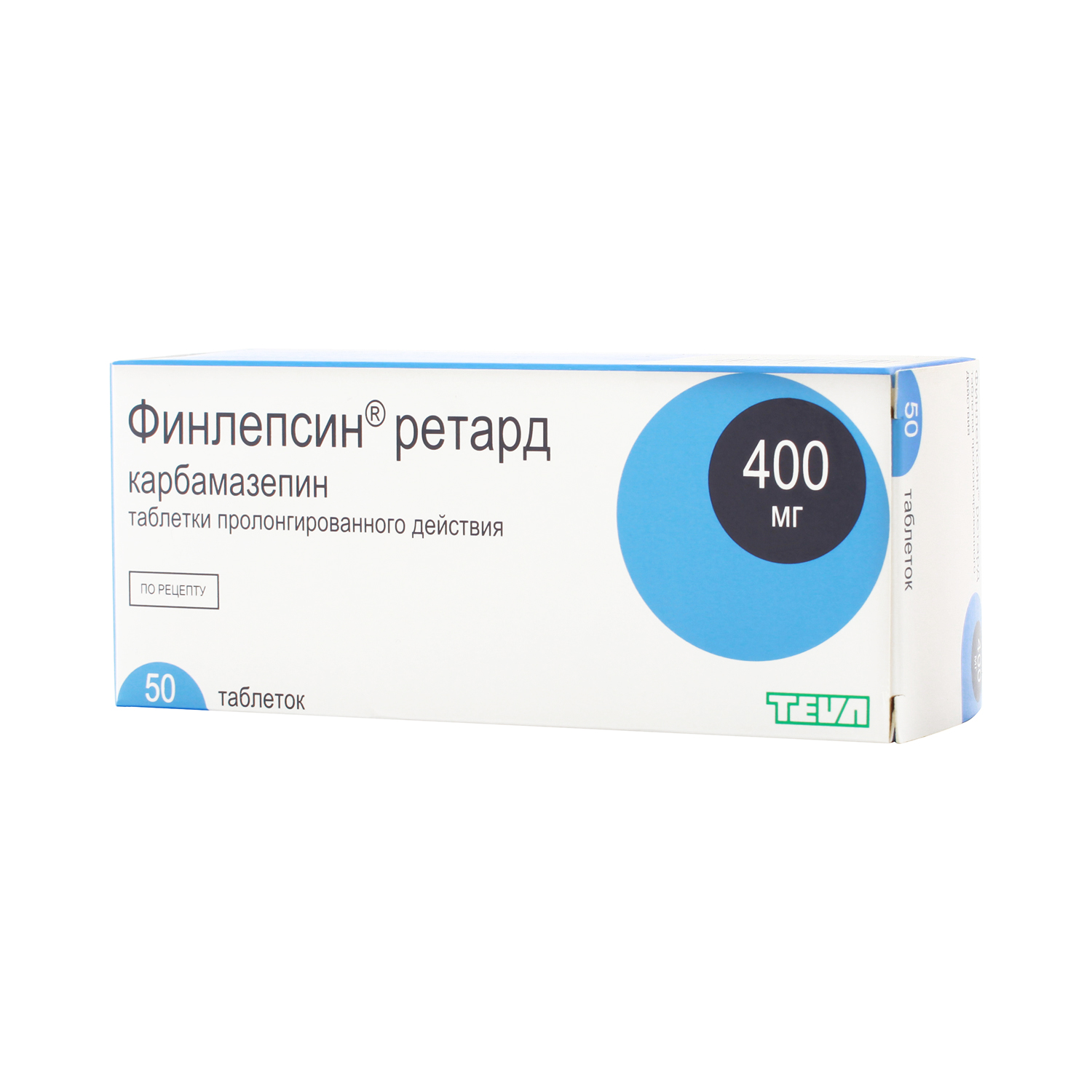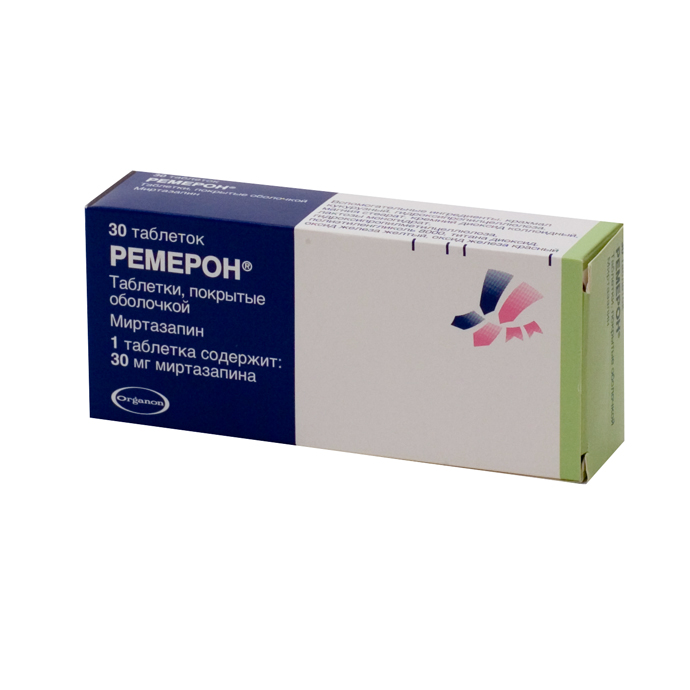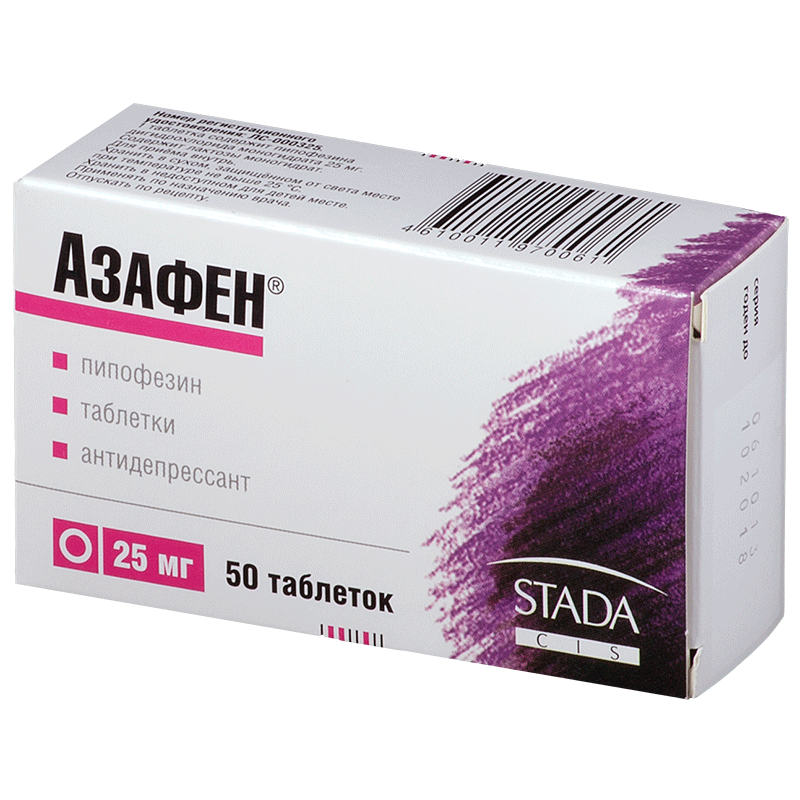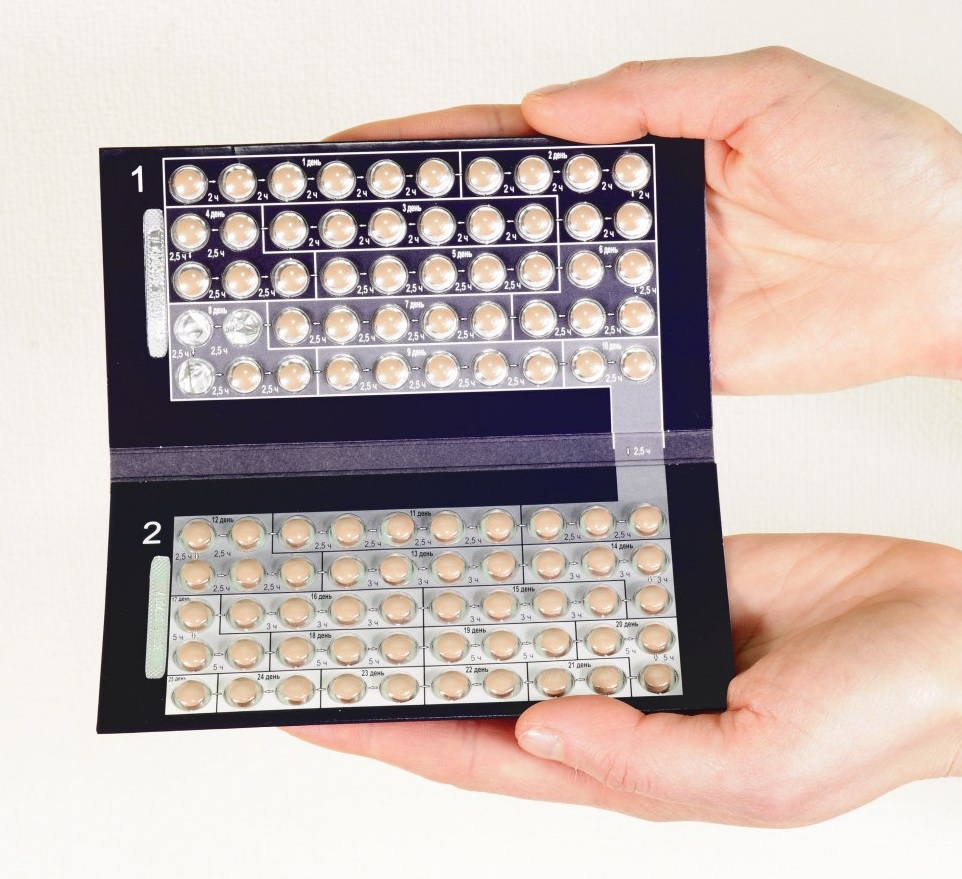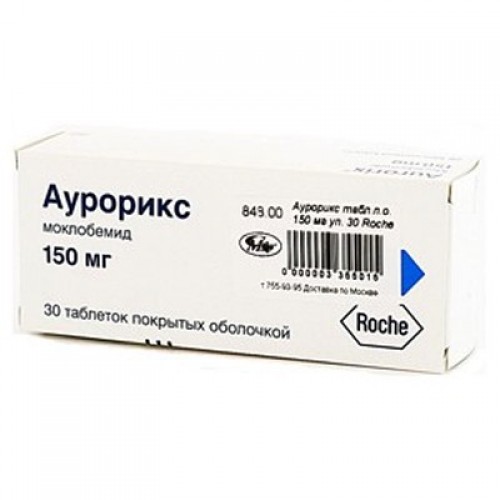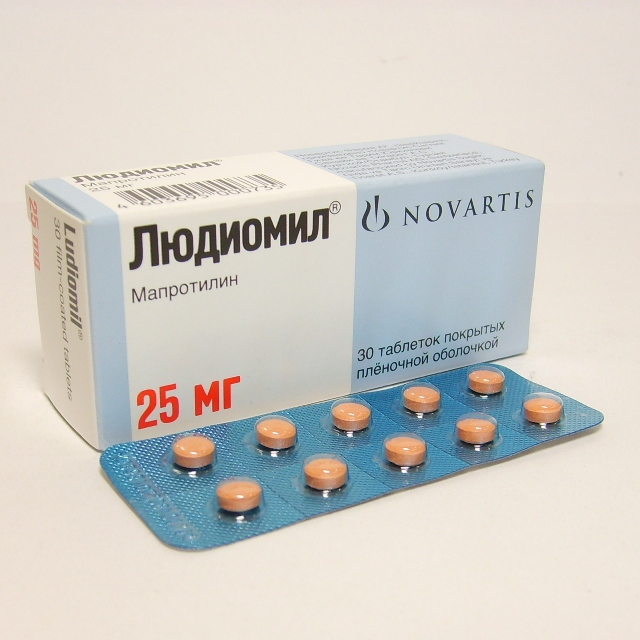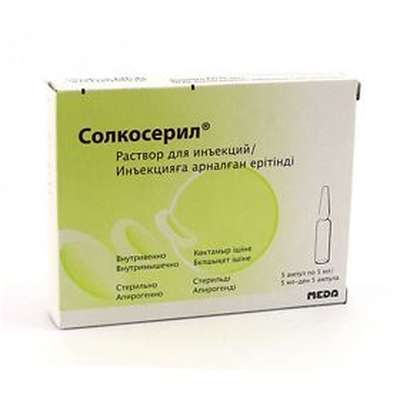Does arbidol help with coronavirus?
28 Jan 2021
The rapid spread of coronavirus infection is causing scientists around the world to puzzle over the creation of a vaccine and antiviral drugs that effectively eliminate the disease. Unfortunately, today there are no reliable methods of immunization and drug therapy. Only some information appears about the possible effectiveness of existing medicines. China has recently begun actively purchasing Arbidol. Studies have been conducted confirming and disproving the effectiveness of the drug.
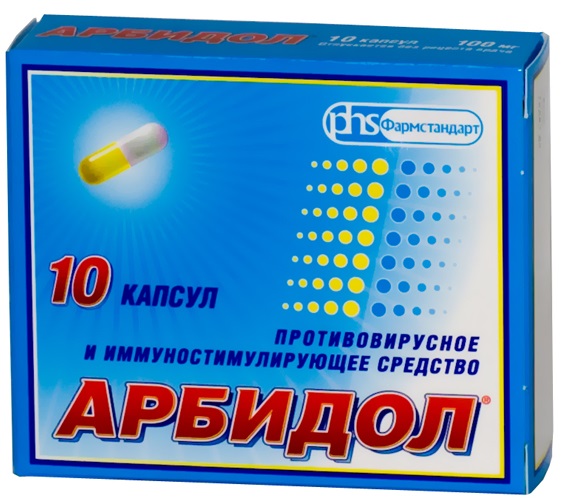
Arbidol, the active ingredient of which is umifenovir, is positioned as an antiviral drug that can reduce the risk of acute respiratory viral infections and treat certain types of it, including influenza. There are general strengthening properties that favorably affect immunity. Nevertheless, the appropriateness of using the remedy for coronavirus remains controversial.
Arbidol Properties
The mechanism of action of the drug is based on preventing the binding of viral particles to cells. As a result, the formation of new virions is disrupted, and the spread of the infectious process stops. The stated indications for the use of the medication include influenza, bronchitis, rotavirus infection, complications of operations and other types of acute viral respiratory infections. That is, according to the manufacturer, the drug has a non-specific antiviral effect and helps with various diseases.
It is used both to treat pathological conditions that have already arisen, and to eliminate the risk of developing the disease. Despite a successful advertising campaign, not all experts recognize the effectiveness of umifenovir.
Evidence and criticism
The manufacturer of Arbidol provided the results of selected foreign and domestic studies indicating the effectiveness of the drug in acute respiratory viral infections. The main argument of critics is the lack of modern research that meets the criteria of evidence-based medicine. In this regard, WHO did not approve the inclusion of the drug in the list of medications recommended in the treatment of ARVI.
It should be understood that even medicines recommended by the World Health Organization for the treatment of influenza, such as oseltamivir, have not passed the test for effectiveness in terms of evidence-based medicine. It is very difficult to fully prove or disprove the effect of such medications.
Arbidol from coronavirus (COVID-19)
The revival of the advertising company occurred during the spread of coronavirus infection in the world. A statement about the possibility of using against this disease was added to the advertisement of the drug. Chinese scientists, who published preliminary studies on the positive experience of using umifenovir with COVID-19, also warmed interest. The medicine was prescribed along with a cure for HIV infection, darunavir. As a result, the drug is now quite popular in several countries, including China and Italy.
Several studies of the effects of umifenovir have been conducted. The results are contradictory. At this point, it is worth saying that officially no existing medication has demonstrated reliable efficacy against coronavirus. The selection of therapy continues.
Is it worth it to apply ARBIDOl on your own?
This drug is sold in pharmacy chains freely, so a doctor’s prescription is not needed for purchase. The active ingredient is considered quite safe, but it should still be used carefully, especially in children. You need to study the instructions and take the recommended dose. The decision on the use of this tool remains with the patient. To date, there is no clear refutation or evidence of the effect of Arbidol in coronavirus infection. None of the studies showed reliable efficacy of the drug when used as monotherapy.
What should not be done?
- Use the product as the only method of prevention. More important hygiene and quarantine measures.
- Use umifenovir for self-treatment of COVID-19. At the first sign of infection, you should consult a doctor. Specialists will prescribe the drugs themselves. Self-medication is fraught with serious complications, including death.
- Take other medications yourself, including antiviral and antimicrobial agents.
Other treatments
The selection of drug therapy occurs only after hospitalization of the patient and the necessary examinations. Doctors take into account current health recommendations, new studies, the patient's condition and medical history. The treatment regimen is selected. Experiments in some countries use anti-HIV drugs and antiviral drugs for rare pathologies like Ebola. No final data yet.
Additional therapeutic procedures
- Artificial ventilation of the lungs.
- Non-invasive oxygen therapy.
- Intravenous fluids.
If there is a suspicion of possible contact with the infected, you must comply with home quarantine. You must also contact the clinic registry or the regional health hotline for help with diagnosis. It is especially important to immediately consult a doctor if persistent fever, dry cough and shortness of breath appear.

 Cart
Cart

